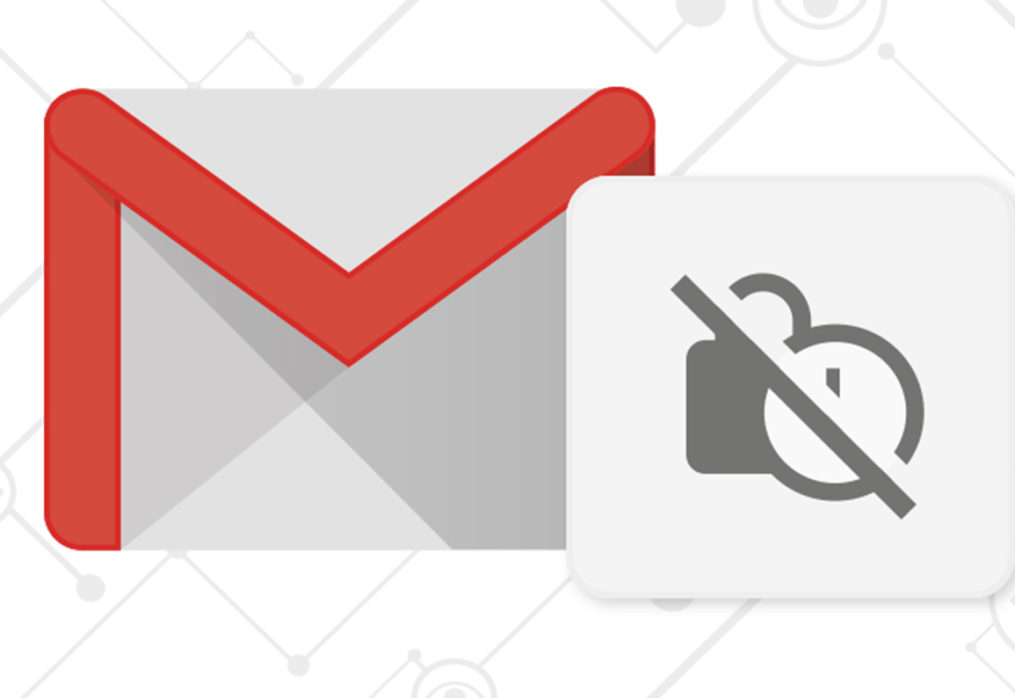Heard About Gmail’s New Confidential Mode | digitalseries Agency
Gmail is getting a remarkable overhaul on the web, which will include a bunch of awesome new features.
One of those is a new privacy-focused “Confidential Mode” which lets Gmail users stop recipients from forwarding certain emails, or restricts the ability to copy, download, or print them.
Email can be sent with an expiration date, and there are more options for revoking messages after they’re sent. A form of two-factor authentication will be required for some individual emails, which will protect data even if a recipient’s email account has been hijacked.
Sending Confidential Emails
Now you’ll see a new “Turn Confidential Mode On/Off” button in the toolbar at the bottom of a compose message window. You just write your email, as usual. A badge lets you know you’re in Confidential Mode.
Receiving Confidential Emails
What will the person to whom you send a confidential message have to deal with on their end? Receiving theses confidential emails is seamless if the recipient is a Gmail user with the new version enabled. The Forward button is disabled. But other than that, this looks like a standard email. If the recipient is not a Gmail user, or even if they’re a Gmail user who uses a third-party email client. They have to click the link to open the confidential message in their browser.
Screenshots and Copy/Paste
This feature stops people from simply hitting “Forward” to share your message, but it doesn’t stop them from sharing it. There’s nothing preventing someone from copying and pasting the contents of your message into a new message and sending that on to other people. There’s also nothing preventing them from taking a screenshot. If the person you’re emailing can’t be trusted, this feature won’t make a difference other than signaling that you’d prefer the message stay private.
Google has implemented various security measures to make your information more secure. The more aware you are with your security features, the better you can avoid unwanted threats from accessing private information.

